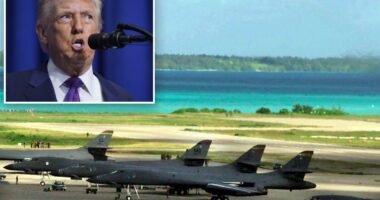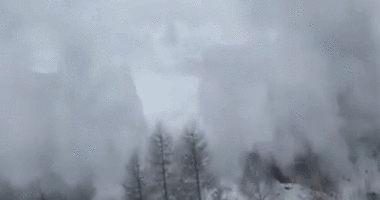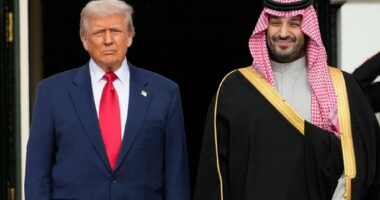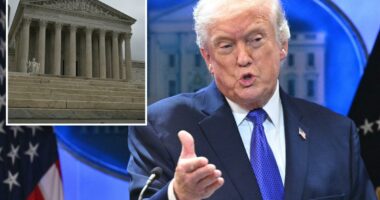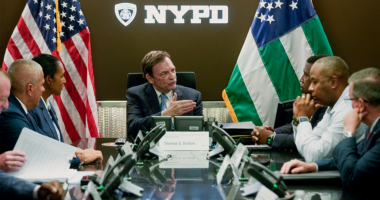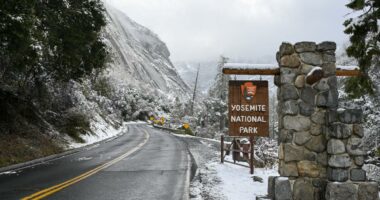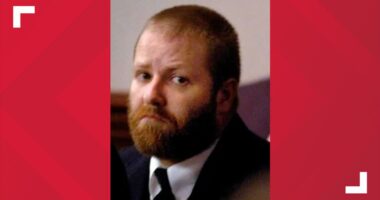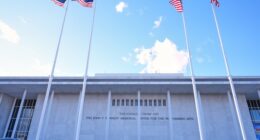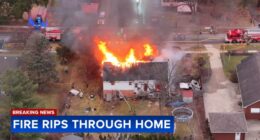Share this @internewscast.com
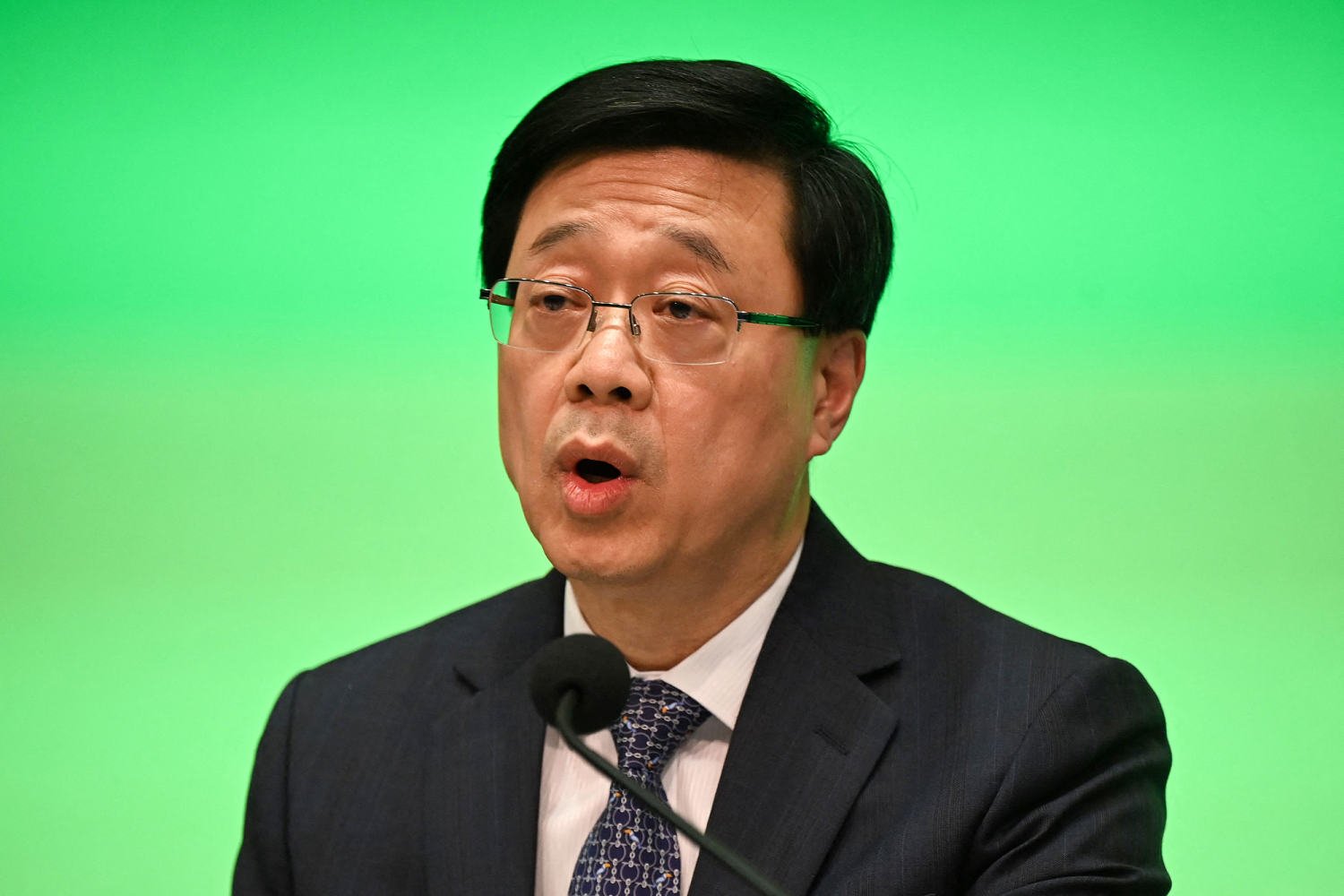
HONG KONG — Hong Kong began public consultation on a local national security law on Tuesday, more than three years after Beijing imposed a similar law that has all but wiped out dissent in the semi-autonomous city.
The new law could expand the government’s ability to prosecute residents for offenses like collaborating with foreign forces to influence legislation or “publish misleading statements,” and to close down civil society organizations. Some of its provisions threaten criminal prosecutions for acts committed anywhere in the world.
Hong Kong’s mini-constitution, the Basic Law, calls for the city to enact a national security law, but it has been delayed for decades because of widespread public opposition based on fears it would erode civil liberties. In 2003, an attempt to pass a version of the law set off street protests that drew half a million people, and the legislation was shelved.
But the city’s crackdown on political opposition most likely clears the way for the bill to pass easily. Since 2020, many of the city’s leading pro-democracy activists have been arrested, silenced or forced into exile. Dozens of civil society groups have been disbanded, and outspoken media outlets like Apple Daily and Stand News have been shut down.
The draft text will be written later based on input from public consultation, which began Tuesday and will end Feb. 28. But the city released a 110-page document Tuesday outlining its plans for the legislation.
City leader John Lee called the legislation a “constitutional responsibility.”
“We shouldn’t wait any longer,” he said during a news conference. “The threats to national security, they are real. We have experienced all these threats. We have suffered from them badly.”
Both the Hong Kong and Beijing governments have hailed the previous national security law for restoring stability after massive pro-democracy protests in 2019.
Lee said a local version is still necessary to keep Hong Kong safe against “potential sabotage” and “undercurrents that try to create troubles,” in particular lurking ideas about Hong Kong independence. Lee also said that some foreign agents may still be active in Hong Kong.
He said other countries, including the U.S., U.K. and Singapore, have similar laws to safeguard security and Hong Kong would draw from them.
Critics worry authorities will use a domestic national security law as another tool to crack down on dissidents, further eroding freedoms that were promised to the former British colony when it returned to Chinese rule in 1997.
The Beijing-imposed security law criminalized subversion, advocating secession, and collusion with foreign forces to intervene in the city’s affairs as well as terrorism, but did not cover all the offenses authorities wanted to target.
Eric Lai, a research fellow at the Georgetown Center for Asian Law, said that the one-month public consultation was shorter than the three months typical for important laws, saying it appeared to be “window dressing.”
Amnesty International’s China director, Sarah Brooks, said the proposed legislation could further entrench repression in the financial hub.
“This is potentially the most dangerous moment for human rights in Hong Kong since the introduction of the National Security Law in 2020,” she said.
Highlights of the package include a ban on “threatening national security by collaborating with external forces to interfere in the affairs of our country or the HKSAR through improper means.” The document also suggested that colluding with an “external force” to publish a misleading statement with the intent of endangering national security could be considered an espionage offense.
It also bans inciting public officials to abandon the Basic Law or their allegiance to Hong Kong and China, expanding an existing law that only covered members of the police and other security forces.
Lee promised that people could still criticize the Hong Kong government and express opinions, as long as they do not intend to endanger national security.
The government has already muzzled most dissent using existing laws. Hundreds of people have been arrested under the 2020 law.
Some 47 people were charged under it for participating in an unofficial primary election, and two were convicted during the same time under an older sedition law for clapping in court and insulting a judge during a trial.
Lee said that the law will not provide for suspects to be transferred to mainland China for trial, unlike the 2020 law.
Following the consultation period, the proposed legislation will be drafted as a bill that will be scrutinized by the Legislative Council. Once the proposed law reaches the legislature, lawmakers are expected to pass the domestic national security law without much opposition in the three readings given a lack of opposition lawmakers following an overhaul of Hong Kong’s electoral system.
Lee did not give a timeline for enacting the law, other than that it should be done “as soon as possible.”

